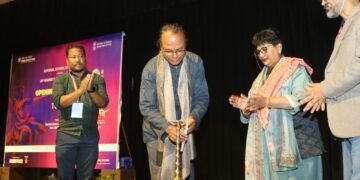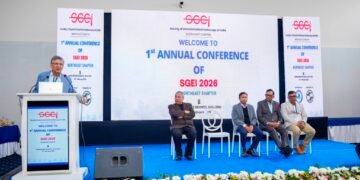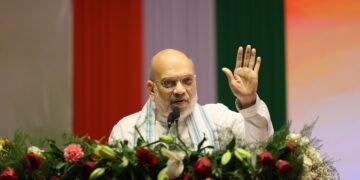With angst about the Common University Entrance Test (CUET) high in Meghalaya, a graduate of IIT Guwahati from North Garo Hills has advocated that the state seek a two-year exemption from the new test to prepare its students for the change.
Meghalaya, and other North East states, Timjim K Momin said, are ill-prepared for the introduction of CUET, which will be mandatory for students hoping to get into undergraduate courses in central universities.
Momin, who is now the president of the North Garo Hills Youth Congress, said that the two-year grace period, or buffer, would ensure that the current batch of students are not negatively affected by CUET‘s introduction and that students of the next batch will be ready to compete in the national entrance exam.
“Being a backward class student at IIT Guwahati, I know and understand how difficult it is for North East kids to manage and compete with central students,” Momin said today. “Because the North East is lagging behind the rest of India, implementing CUET right away will cause our intermediate kids to fall behind for another two to three years, which is unfair.”
Normally, he went on to say, students planning to write any central entrance exam need a year or two to prepare, so “how can we expect our students from remote areas, who haven’t even had basic awareness or advice about the exam until now, to prepare for the exam in two or three months?”
Momin questioned whether the state’s students are mentally prepared for taking on CUET and whether government school teachers are prepared.
Meghalaya, especially Garo Hills, lacks a “competitive atmosphere” compared to other states and pass percentages of students who take central competitive exams is less than 10 percent, he added, making it unreasonable to expect students to pass CUET in large numbers.
Only after school infrastructure and administration in rural areas is improved can Meghalaya even hope to go well at this new entrance test, he asserted. Momin did see a positive in CUET in that it will encourage Meghalaya students to aim for prestigious central varsities outside the state but only has a problem with the timing of its implementation.

























